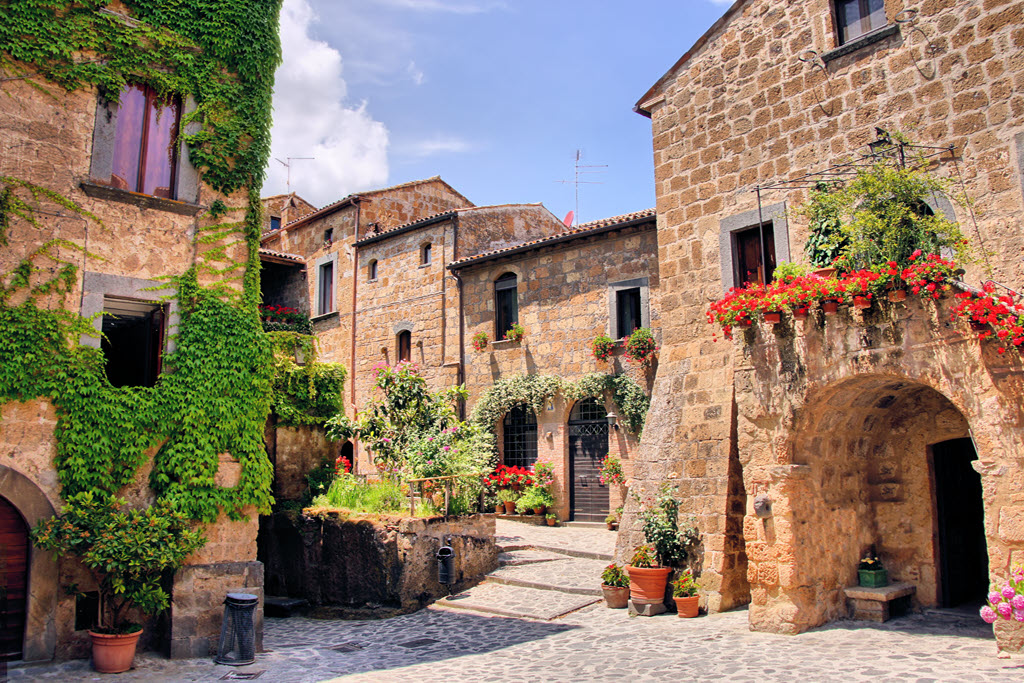-
Find your place in the sun
- Home
-
Property Search
- Property Search
-
Property in Spain
- Property in Spain
- Almeria
- Costa Blanca
- Costa del Sol
- Costa Brava
- Costa de la Luz
-
Costa Tropical
- Costa Tropical
- La Herradura
- Almuñécar
- Salobreña
- Motril
- Murcia
- Valencia
- Inland Andalucia
-
Canary Islands
- Canary Islands
- Tenerife
- Fuerteventura
- Lanzarote
- Gran Canaria
- Balearic Islands
- All Areas
- Property in France
-
Property in Portugal
- Property in Portugal
- Algarve
- Albufeira
- Lagos
- Lisbon Coast
- Silver Coast
- All Areas
- Property in Italy
-
Property in Greece
- Property in Greece
- Aegean Islands
- Corfu
- Crete
- Halkidiki
- Ionian Islands
- All Areas
- Property in Florida
- Property in Cyprus
- Property in Turkey
- Search all countries
- New Developments
- Find an agent in...
- Most Popular Properties
-
-
Help & Guides
- Help & Guides
- How to Buy
- Area Guides
- Free Guide Download
- Professional Services
- Currency
- Mortgages
- Insurance
-
Relocation
- Relocation
-
Moving to Spain
- Moving to Spain
- Buying property in Spain
- Living in Spain
- Retiring to Spain
- How to move to Spain
-
Moving to France
- Moving to France
- Buying property in France
- Living in France
- Retiring to France
-
Moving to Portugal
- Moving to Portugal
- Buying property in Portugal
- Living in Portugal
- Retiring to Portugal
-
Moving to Italy
- Moving to Italy
- Buying property in Italy
- Living in Italy
- Retiring to Italy
-
Moving to Cyprus
- Moving to Cyprus
- Buying property in Cyprus
- Living in Cyprus
- Retiring to Cyprus
- Moving to Malta
- Find a Lawyer
- Viewing Trips Guide
- Articles
- Webinars
- New Developments
- Live Events
-
TV Show
- TV Show
- Episodes
- Presenters
- Apply
- Advertise with us
-
- Sign up / sign in
- Currency
- Find an agent
- Advertise with us
Residency in Italy
 If you are intending on staying in Italy for longer than 90 days in 180, you will now need to apply for a visa and obtain a residency permit.
If you are intending on staying in Italy for longer than 90 days in 180, you will now need to apply for a visa and obtain a residency permit.
Find out more about the the types of visa available, and how to apply for them, here
If you are planning on staying in Italy for more than 90 days you will need to apply for a visa before you leave for Italy. This needs to be done through the Italian consulates in the UK, and can typically take three months.
Types of Visa
There are a number of visas available, and you will need to make sure you choose the right type. You can do this by checking the Italian Foreign Ministry's website.
These types of visa available include:
- Long-stay visa (also known as the national visa/D-Visa), but on entry to Italy you also need to obtain an Italian residence permit, which is what authorises you to stay in Italy for longer than 90 days.
- Work visas
- Student visas
- Family visas
- Self-employed visas (for entrepreneurs who wish to open a business)
- Retirement visas
- Elective residency (an option for those with substantial assets of incomes)
Some visas will require you to obtain an Italian residence permit when you arrive in Italy. If you’re staying more than three months, you must apply to your nearest town hall (Comune – Ufficio Anagrafe).
FAQs: Residency in Italy
What is Italian residency?
Italian residency is your official registration as a resident of Italy. It confirms that you live in the country long-term and are recorded in your local municipality’s register (Anagrafe). This status allows you to access local services such as healthcare (at a cost), enrol in education, and, if you are an EU citizen, vote in local elections.
How do I get residency in Italy?
The process depends on your nationality. EU citizens can register directly with their local comune by providing proof of address, valid ID, and a tax code (codice fiscale). Non-EU citizens, including UK nationals post-Brexit, must first secure the appropriate visa, then register their address and apply for a residence permit (permesso di soggiorno).
What are the requirements for Italian residency?
Typical requirements include a valid passport, the correct visa (if you are a non-EU citizen), proof of accommodation in Italy, an Italian tax code, proof of sufficient financial resources, and health insurance. Some residency types, like work or study permits, may have additional requirements.
How do UK citizens get residency in Italy after Brexit?
UK citizens now need a visa before moving to Italy. Many retirees choose the Elective Residency Visa, which requires proof of income from pensions or investments and self-funded healthcare. Once in Italy, you must register with the local comune and apply for a residence permit within eight days of arrival.
What is the difference between a residence permit and residency?
A residence permit (permesso di soggiorno) is a legal document allowing non-EU citizens to stay in Italy for a set period, based on the type of visa they hold. Residency is the formal registration of your address in Italy, which is required for tax purposes, healthcare access, and other administrative benefits.
How long does it take to get residency in Italy?
If you have the correct visa and documents, registering residency can take anywhere from a few weeks to a couple of months, depending on your local comune. Delays are possible if additional checks are needed or if there is a backlog. It might take several months to get your actual residency permit, though.
Can I get permanent residency in Italy?
Yes. Non-EU citizens can usually apply for a long-term EU residence permit after five years of continuous legal residence. This gives you many of the same rights as Italian citizens, including freedom of movement in other EU countries.
Can I work in Italy with residency?
Yes, if your visa type allows it. For example, work, family reunification, digital nomad or student visas typically permit work, but the Elective Residency Visa does not. Always check the conditions attached to your specific visa.
